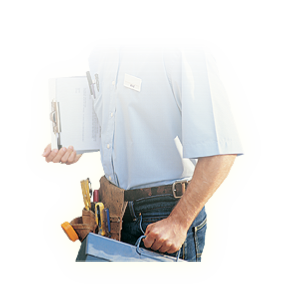
Licensed Master Plumber - #221552
Copyright © Derek's Plumbing & Hydronic Heating, LLC. | 12 S. Jackson St, Elkhorn, WI 53121 | (262) 723-4240 | Site by FullMoonInternetSoltuions.com


Plumbing Tips..
SOME SIMPLE STEPS CAN PREVENT THE MOST COMMON PLUMBING AND HEATING PROBLEMS. REMEMBER TO ALWAYS CONTACT US IN THE EVENT OF A SERIOUS ISSUE. SAFETY AND PROFESSIONAL ADVISE IS ALWAYS YOUR BEST SOLUTIONS....

Professional Plumbing Tips.
Water Heater Leaks
IN THE EVENT YOUR WATER HEATER IS LEAKING:
- Turn off the gas valve beside the water heater. Turn top dial from on to off position. In case have an electric water heater, turn off the power on the water heater.
- Turn off the water supply with the valve located at the top of the heater. Turn handle clockwise until it stops.
- Drain heater by connecting a hose to the water drain valve, at the bottom of the tank. Run other end of hose to a lower location, and open the drain faucet or open hot water faucet inside the building so air will enter the tank and permit it to drain.
- Call your licensed plumber.
Drain Cleaning
Becoming familiar with the general structure of the drains in your home will help you know whether this is a job you can tackle. Even if you do need to call in the experts, you will have a better idea of how to cope until they arrive. Regularly cleaning your drainpipes and repairing old or broken pipes could certainly reduce the chances of a future plumbing disaster. All drains work on the simple principle that water runs down hill. When a drain is clogged, it usually means something is blocking the water from streaming according to that law of gravity. Once you know where the clog is, you may then perform a drain cleaning. Bathtub, shower, toilet and washing machine, have their own drain line. All individual drain lines go through a trap before being joined together to the main line. Grease and hair are commonly the reason for drain blockage. Make sure to place a strainer in your tub and shower for collecting debris. Maintain and clean the strainer on a regular basis, and make sure whatever is gathered in them do not fall into the drain. As part of your drain cleaning you can also pour boiling water down the shower drain once a month to help to dissolve any soap build-up. The same applies when it comes to the toilet. Be careful not to use it as a trash receptacle. The toilet is not the place for dental floss, tissues, paper towels or tampons. These items can clog up the drain, especially if you have a septic system.
The last thing you want is to flood your home. In an emergency you may need to close the main shutoff valve. If you are dealing with only a small drain blockage to a fixture, and if the fixture has its own individual supply shutoff valve, you may need to turn off only the water supply to that single fixture. Make sure you know the exact location of the main shutoff valve. Knowing these things in advance can save valuable time and money.
It is very important to understand what work you are allowed to do without a license. Code checks for the type of work you are permitted to do are available on the Internet, or you can obtain information from your local plumbing code official.

Frozen Pipes
Don’t let your outdoor faucets freeze up in the winter.
Unattach your garden hoses before freezing temperatures arrive in the fall.
Then close the shut-off valve on the pipe(s) which lead to your outdoor faucet(s).
Then open the outdoor faucets so that any residual water can drain.
If your indoor faucets sometimes freeze in very cold weather:
Try leaving the cabinet doors under the faucets open so that they can get a bit more heat.
In extreme cases let the water trickle very slowly into the sink.
Insulate water pipes which may be exposed to freezing temperatures or wind. Water pipes which are not being used should be drained for the winter in areas where there may be severely cold weather.
If there is plumbing in your garage, be sure to keep your garage door closed when it is very cold. Pipes in unheated garages or basements should be insulated.
If your pipes do freeze:
Turn off the water at the main shut-off valve so that you don't have problems as the ice melts.
Leave the faucets on to relieve pressure as the ice melts.
Use a blow dryer or heat gun to thaw frozen pipes.
Don’t even think about using a blow torch! It's too dangerous.


